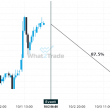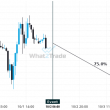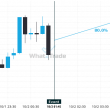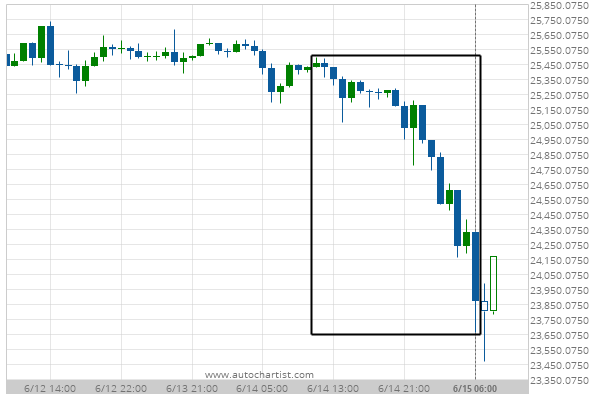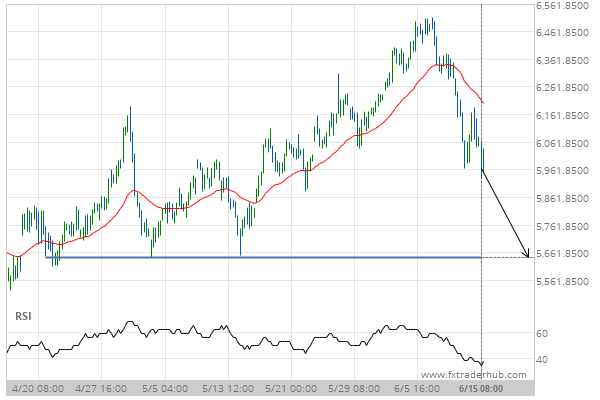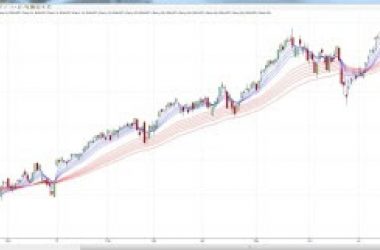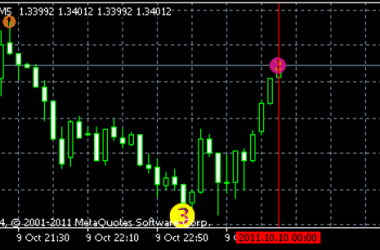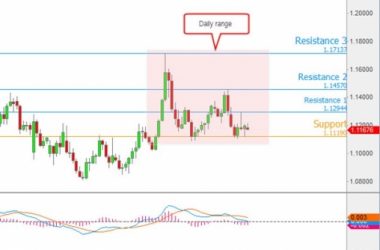A major concern of newer traders is which is the best indicator for them to use in their trading. Also, they want to know if indicators can be broken down into beginning, intermediate and advanced trading categories.

Personally, I don’t think of indicators as being in categories or this one is the best and that one is the worst. Rather, I would suggest that you familiarize yourself with all of the major indicators and then settle on the one or two that you find make the most sense to you. Someone else’s “ideal” indicator may not appeal to you at all and that is fine. Use the one(s) that you understand, feel comfortable using and assists you in putting pips in your account on a regular basis. After all, pip accumulation is the final arbiter when it comes to evaluating the success of one’s trading.
When going through your indicator evaluation process, I recommend that you put only one indicator at a time on your chart.
This will make the chart less cluttered and bring more clarity as you compare one indicator to another. Moreover, it will be easier for you to evaluate the indicators individually as opposed to attempting to evaluate them en masse. When you finally decide on the one or two (keep your chart uncluttered) and begin using them as part of your trade analysis, remember to consult the price chart first and the indicator second.
Price is indicator #1
We want to focus on taking trades in the direction of the Daily trend. The trend is the deciding factor in whether or not we will be buying or selling the pair. Then, after that decision has been made, we check the indicator. We are looking to see when the indicator will provide us with an entry signal that is in the direction of the longer term trend. Don’t simply focus on the indicator to determine whether you buy or sell the pair. If you do that you will find that you will be entering trades that have a lower probability of success – those that are against the trend – and you will be chasing the market.
Remember: the indicator does not know the direction of the trend but the price chart does.
The price chart is where your analysis should begin. For the record, my personal indicators of choice are the 200 SMA, Donchian Channels and Slow Stochastics.

